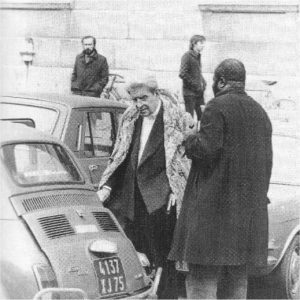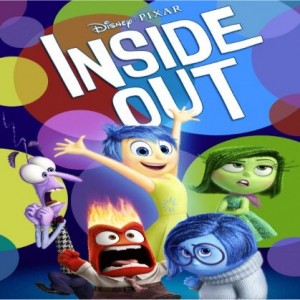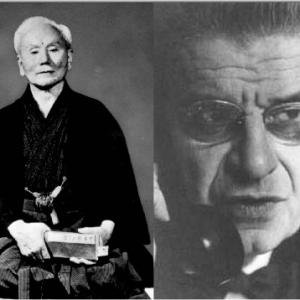Amuse-Bouches I – The Yerodia Case
This is Abdoulaye Yerodia Ndombasi, helping Lacan into his car as he leaves his seminar in March, 1980. And this is Yerodia again, around the time of the international arrest…
What’s so Unconscious about the Unconscious?
What does it mean to say that something is ‘unconscious’? The idea of the unconscious is the single biggest differentiator separating psychoanalysis from all other ‘psy-’ practices. Fidelity to a…
Pornography and the Paradoxes of Pleasure – On the ‘Identity of Perception’
"It’s one thing to see images of an experience you had, but it’s another thing to have an experience of the experience. It was the closest I’d ever come to…
Inside Out and the ‘Science’ of Emotions
No film in recent years has had quite as much input from the field of psychology as Disney and Pixar’s latest offering, Inside Out. Charming though the film is, its…
On Absent Mothers
Hip hop, it is sometimes claimed, is born of an absent father. If this is true perhaps rock music is born of an absent mother. John Lennon, Paul McCartney, Elvis,…
The Deepest Secret
In The Question of Lay Analysis from 1926, Freud imagined himself being asked by an ‘Impartial Person’ whether psychoanalysis is a confession. He imagines the following question being thrown at…
Lacan avec Funakoshi
From the symptom to the sinthome The title of this short article will resonate with readers of the Écrits,but rather than Kant or Sade here I am going to argue…
5 Lacanian Cinematic Clichés that Hollywood Loves – V
5. Men in Love Case in point: Friends with Benefits ‘There is no such thing as a sexual relationship’ is a slightly odd translation of Lacan’s well-known maxim Il n’y…
5 Lacanian Cinematic Clichés that Hollywood Loves – IV
4. The Subject Supposed to Know and the ‘Magical Negro’ The ‘Magical Negro’ is a cinematic cliché in itself. The term was coined by director Spike Lee to denote a…
5 Lacanian Cinematic Clichés that Hollywood Loves – III
3. Horror Movies and the Mirror Image Here’s a horror story in just two sentences: This sends a chill down most spines. The ideas that it plays on - the…










